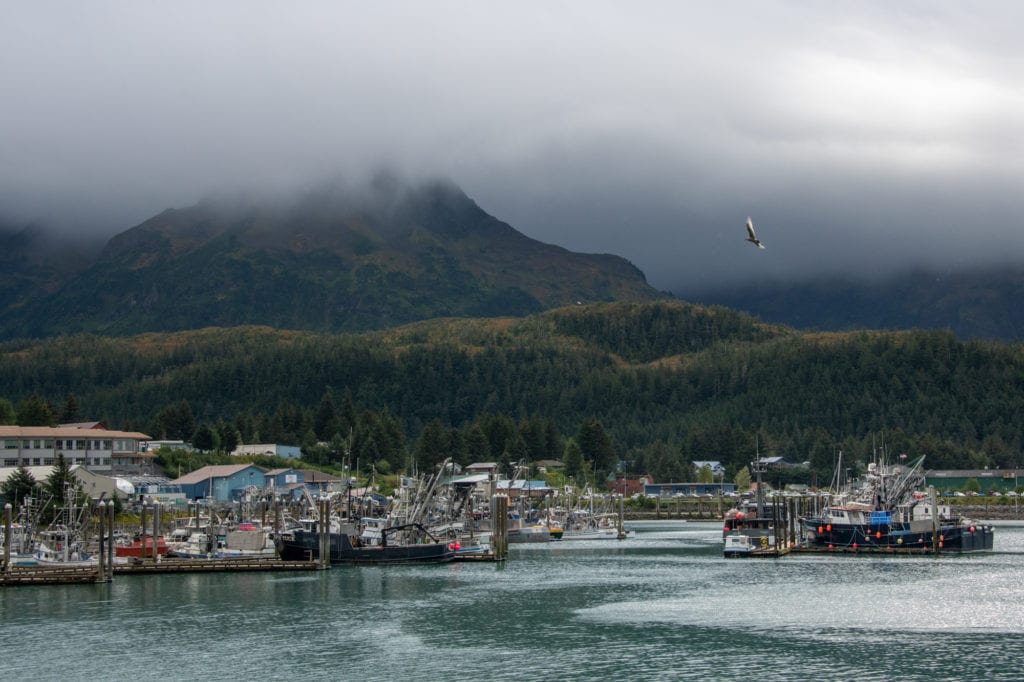
Five legislators from Southeast Alaska, citing poor salmon returns and a pandemic related market crash, are urging Gov. Mike Dunleavy to seek a disaster declaration from the federal government.
“Between the historically poor salmon returns and the COVID-19 related market crash, this fishing season, like so many things in the year of 2020, has been absolutely terrible,” said Rep. Jonathan Kreiss-Tomkins, D-Sitka.
The request to Dunleavy, sent on Oct. 1, was signed by Representatives Dan Ortiz, NA-Ketchikan; Sara Hannan, D-Juneau; Andi Story, D-Juneau; Sen. Jesse Kiehl, D-Juneau; and Kreiss-Tomkins.
The legislators said that an Alaska Department of Fish and Game evaluation of the 2020 fishing season in Southeast Alaska, will bear accounts of the poor returns and prices paid to fishermen. This led many communities they represent to seek economic disaster declarations from the state.
Preliminary harvest data compiled by ADF&G show the total catch of Chinook, chum, coho, pink and sockeye salmon came to some 14 million fish, including nearly 8 million humpies. The 2019 commercial salmon harvest summary from ADF&G released last November reported a catch of 206.9 million fish with a preliminary ex-vessel value of some $657.6 million, up 10 percent from 2018.
A September briefing paper compiled by the McDowell Group on behalf of the Alaska Seafood Marketing Institute notes that the overall harvest value of Alaska seafood declined in 2020 from a year ago due primarily to the novel coronavirus pandemic.
“Key reasons for weaker harvest value include higher operating costs, less value-added production, reduced demand due to foodservice closures, and general market uncertainty,” the report said.
All sectors of the seafood industry reported higher operating costs directly related to reducing the risk of virus transmission among local communities, harvesters and seafood processing workers. Interviews with processors indicate at least $50 million has been spent to prevent spread of the virus in inshore and offshore sectors, the McDowell Group said.
Other challenges included transportation issues attributable to the pandemic, including reduced passenger flights, and lower air freight capacity which led to challenges getting fresh seafood to domestic and overseas customers.





